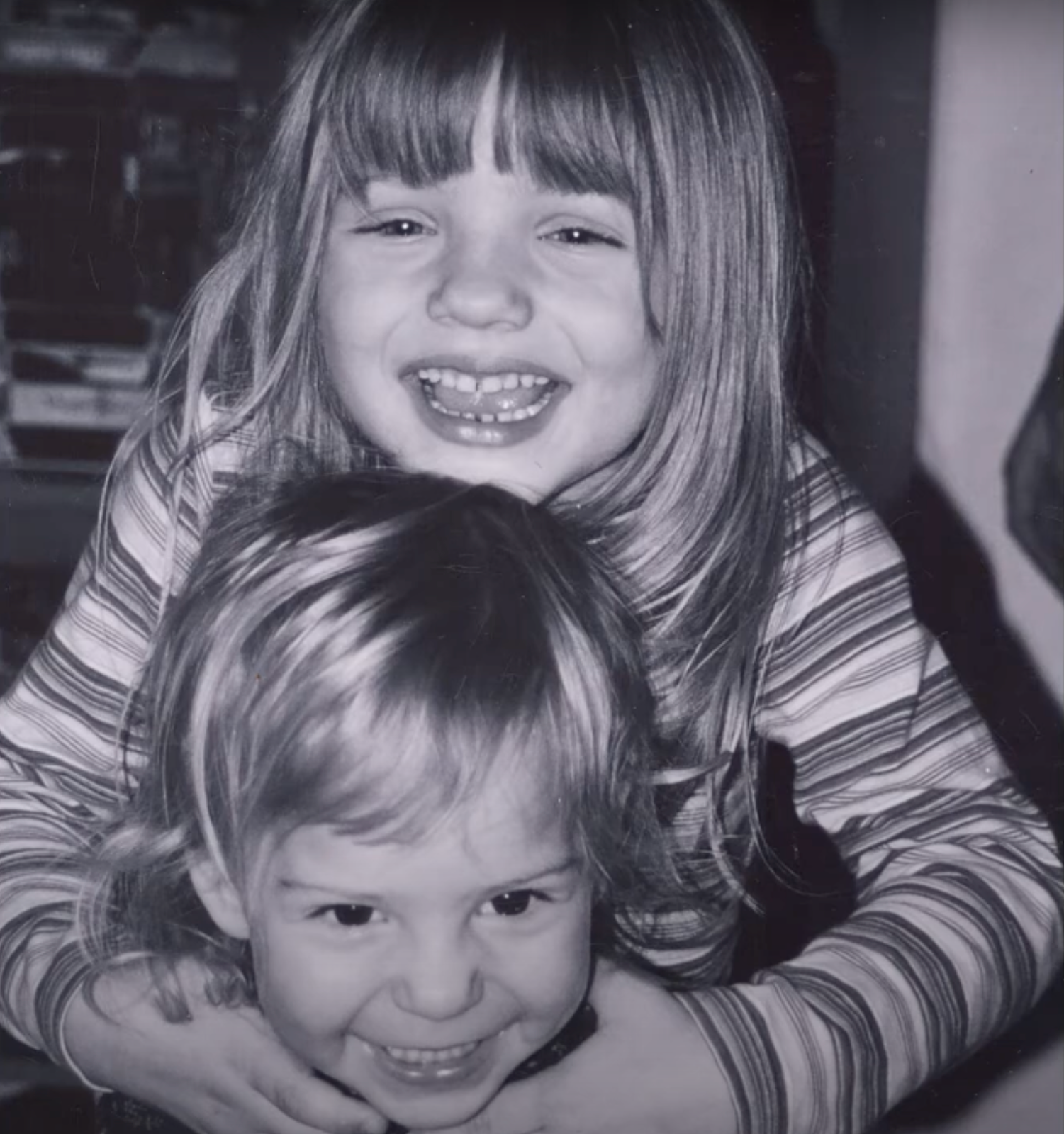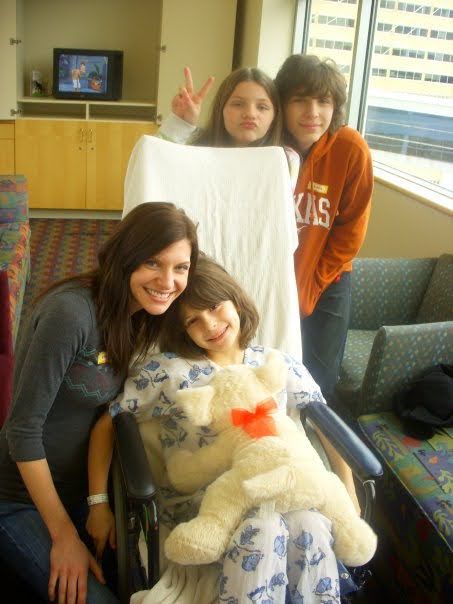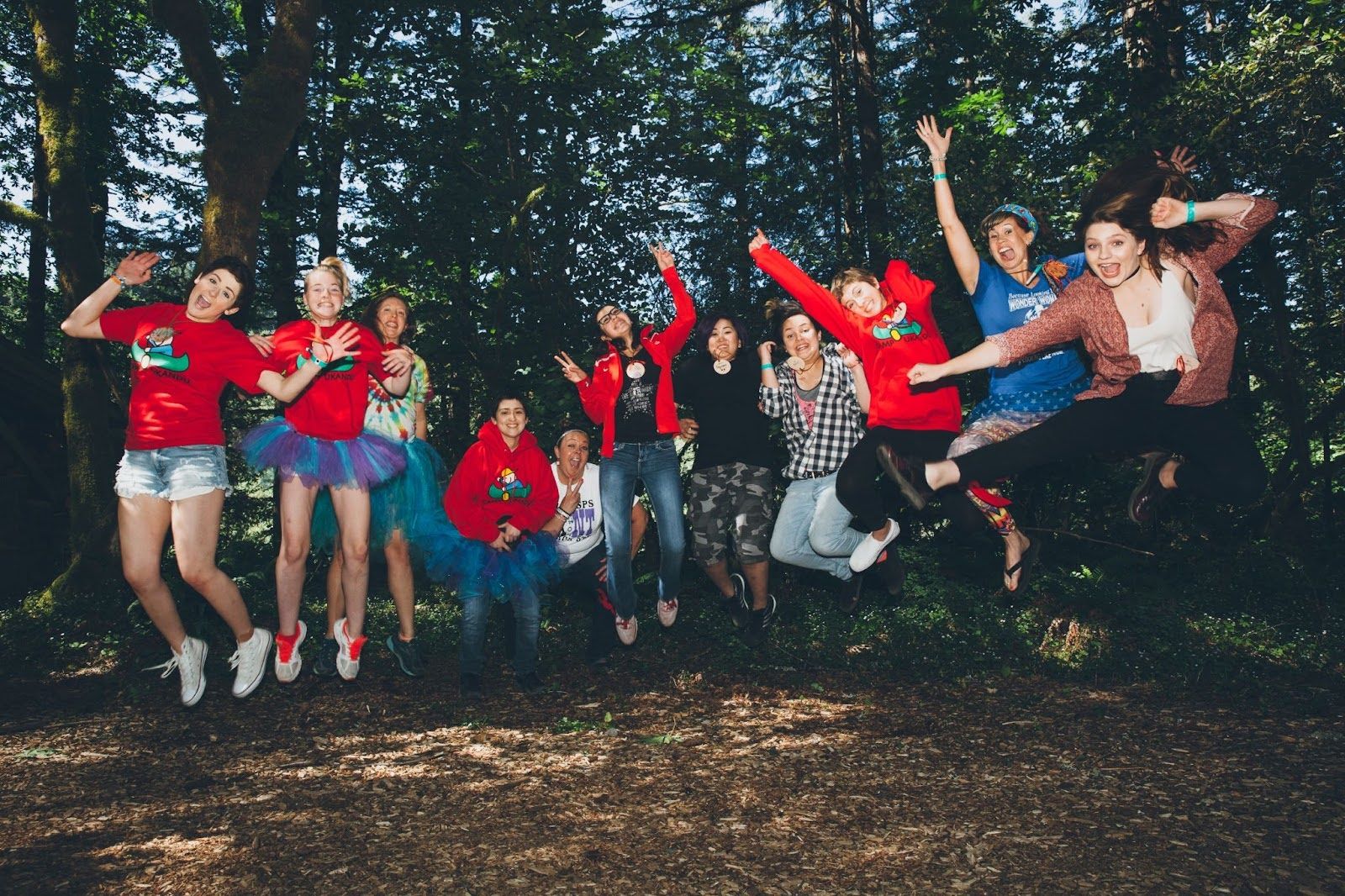Living with Grief
Joanna 'Marzipan' Miu |
Grief is messy and unpredictable. It's not a neat, linear path, but more like a tangled forest, where the ground shifts beneath your feet, and you're never quite sure what's around the next bend. It shapes you, reshapes you, and it makes you vulnerable.
But if there’s one thing I’ve learned about the process of grieving, it’s that you don’t have to do it alone. Connection and community are powerful agents for healing, and I'm profoundly grateful to Ukandu for providing me with a community of people who understood this journey of loss, who dared to show up with their own messy stories and made it a little less lonely.
|  |
|
My own stumble into the mess of grief began when my sister, Jolene, was diagnosed with Wilms' Tumor. I was nine, and she was six. I can still vividly recall the day our world tilted on its axis. It was our family's first winter in Oregon, during the legendary snowpocalypse of 2008. Jolene and I spent the entire day building snow forts and igloos outside, coming in for hot chocolate every hour or so. Later that evening, she complained of an agonizing stomach ache, and my parents, thinking it was just appendicitis, rushed her to the emergency room. Hours blurred into an eternity as she endured countless tests and scans. Then came the words that no one ever wants to hear: cancer.
Cancer was the last thing on our minds – as it is for so many families before us. It was a foreign word, a looming shadow my parents never imagined would touch our family, let alone the youngest child. This diagnosis was the beginning of a 6-year journey of hospital stays, scans, chemotherapy, radiation, remission, therapy cat visits, hospital food (bacon was her favorite – she even nicknamed one of her nurses “the bacon nurse” because she would always give Jolene an extra piece), five recurrences, and a lot of Spongebob.
|  |
|
Looking back, I understand the chaotic, all-consuming nature of childhood cancer. It engulfs everything, leaving little room for anything else. Amidst the whirlwind of appointments, treatments, and sheer survival, siblings like me often find ourselves adrift. Not out of malice or neglect, but out of necessity. Parents and caregivers fight a battle on multiple fronts, their energy stretched to its absolute limit. And in that desperate need to persevere, sometimes, the siblings get lost in the chaos.
That's where Camp Ukandu comes into the story. Jolene had gone to camp by herself the first year because, as a perfectly healthy 13-year old, I wanted nothing to do with being surrounded by sick kids. Eventually, she wore me down and we went to camp together. And it was life-changing.
For the first time since Jolene's diagnosis, I felt a flicker of normal. I wasn’t just "Jolene's sister," the one always in the shadow of the sick kid. I was Joanna (well, technically I was “Smalls” since we use silly names at camp!). I found myself surrounded by other siblings who understood the strange, tangled emotions I was wrestling with: the guilt, the jealousy, the overwhelming sense of being forgotten. I wasn't alone in feeling the sharp pang of jealousy when Jolene received extra attention, the gnawing loneliness when my parents were constantly at the hospital, or the confusing blend of grief and resentment.
|  |
|
Ukandu provided a safe space where I could share my unspoken feelings without judgment, a place where I felt seen and understood, a place where I was valued for me. It was a place where I wasn't ignored, where my feelings were validated, and where I could simply be a kid again, even if just for a little while. It was, in essence, a place where I could dare to be vulnerable, and in that vulnerability, find connection.
Even now, a decade later, the friendships cultivated at camp, in those shared experiences, remain strong. They act as a reminder that even in the shifting, often dark landscape of grief, we are not alone. And that sometimes, the most profound healing comes from finding a place where you're simply seen for who you are, where you can dare to be vulnerable, and where you know, deep in your bones, that you belong.
That sense of belonging, that enduring connection, has been vital in the years since Jolene died. Because, if I’m being honest, ten years on, grief doesn't get easier. It doesn't simply vanish. Instead, it reshapes itself, becoming a part of your daily life, a constant presence that you learn to navigate. It's not about leaving grief behind, but about actively incorporating it into your journey. You learn to build a life that acknowledges its presence, honoring the past while embracing the present.